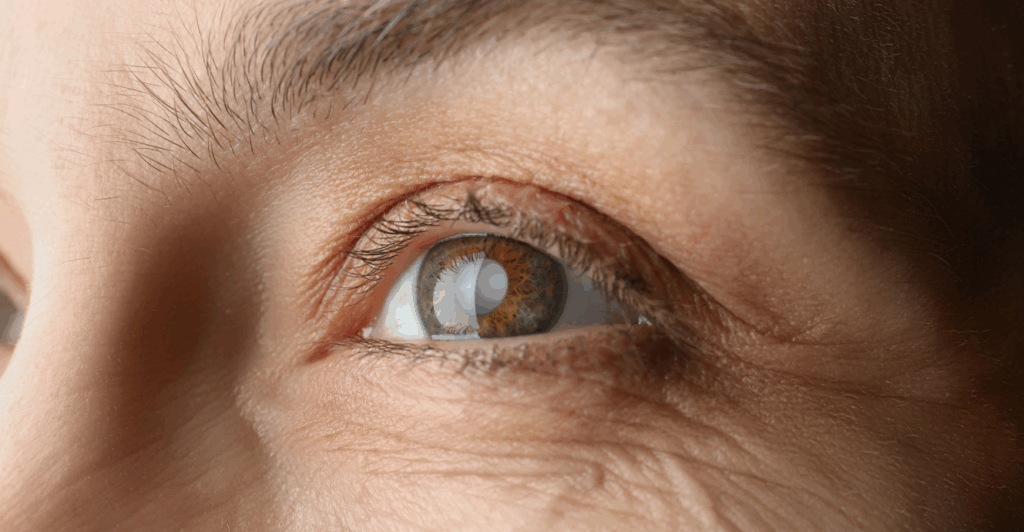Clear Vision for Life: What You Should Know About Cataracts
June is Cataract Awareness Month. Learn key facts about cataracts, risk factors, prevention tips, and how surgery can restore clear vision.
More than 25 million people are affected by cataracts—a condition that causes cloudy, blurry, or dim vision, often developing with age. This June, in recognition of Cataract Awareness Month, CODET Vision Institute joins the American Academy of Ophthalmology to highlight three essential facts everyone should know about cataracts—and how they can take steps to protect their sight.

1. Cataracts Are Common—But Treatable
By age 75, nearly 70% of people will have cataracts. As we age, the natural lenses in our eyes begin to thicken and lose clarity, making it harder to read, drive, or see colors vividly. But here’s the good news: cataracts are highly treatable with surgery.
Each year, ophthalmologists perform over three million cataract surgeries in the U.S. alone—restoring clear vision to millions. The outpatient procedure is quick, painless, and highly effective.
2. Your Lifestyle Can Affect Cataract Risk
While aging is the biggest risk factor, cataracts aren’t just about getting older. Other risk factors include:
- Diabetes
- Smoking
- Excessive sun exposure
- Obesity and high blood pressure
- Previous eye injury or surgery
- Long-term steroid use
3. Prevention Starts With Healthy Habits
Though cataracts can’t be prevented entirely, healthy choices may help delay their onset. Here’s what you can do:
- Wear UV-protective sunglasses and a wide-brimmed hat outdoors
- Eat foods rich in vitamin C (like oranges, bell peppers, and strawberries)
- Quit smoking—it’s directly linked to a higher risk of cataracts
A few small lifestyle changes today can mean better vision for years to come.
Cataract Surgery: More Than Just Clearer Vision
During cataract surgery, the clouded lens is replaced with a clear intraocular lens (IOL). Patients can now choose from various lens options—some designed to reduce or eliminate the need for glasses. Studies show that cataract surgery improves not only vision but also quality of life, including a reduced risk of falls and greater independence.
If you’re noticing changes in your vision or have been told you may have cataracts, our team at CODET Vision Institute is here to help. Book your consultation today and take the first step toward clearer, sharper, brighter vision.